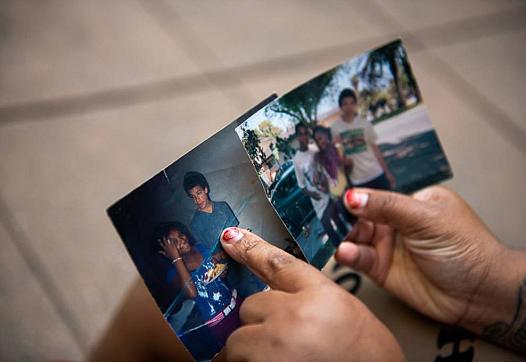
About 400 unhoused people stay at Hotel Whitcomb, and many deal with substance use disorders. That means staff who work at the hotel are fighting to keep guests alive.

About 400 unhoused people stay at Hotel Whitcomb, and many deal with substance use disorders. That means staff who work at the hotel are fighting to keep guests alive.

Amid plenty of praise for the nonprofit’s hard work, there‘s also a troubling allegation, an explosion under investigation, and inflated claims.

The homegrown nonprofit has risen fast in four years, from managing portable toilets to running hotels. Now it has national ambitions.
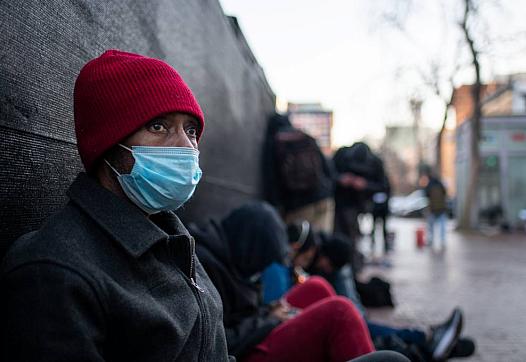
The new site opened amid mounting pressure on city leaders to reduce open-air drug use and skyrocketing overdose deaths in the neighborhood.
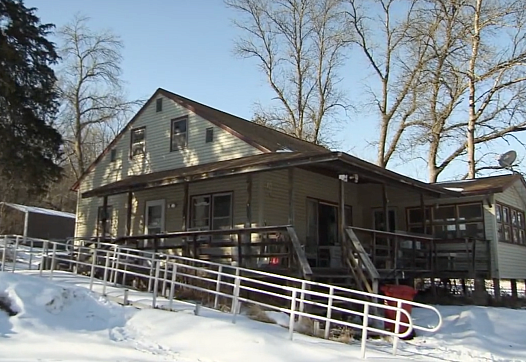
Many vulnerable Minnesotans have no idea that their county can place a hefty lien on their home to recover expenses for long-term care.

Students in English language learning programs in Arizona had the lowest passing rates of any group, including homeless students.
After an I-TEAM investigation and a recent supplemental grant from the state, the Richmond County Board of Education agreed to provide additional funds to address the growing needs among homeless students and the record number of teens missing from the classroom.
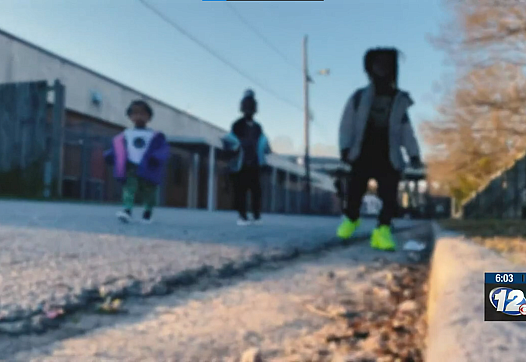
They are the youngest victims of the homeless crisis in Augusta. Young, helpless faces that are tired, weary, and in need of rest, shelter, and food. And in need of an education.
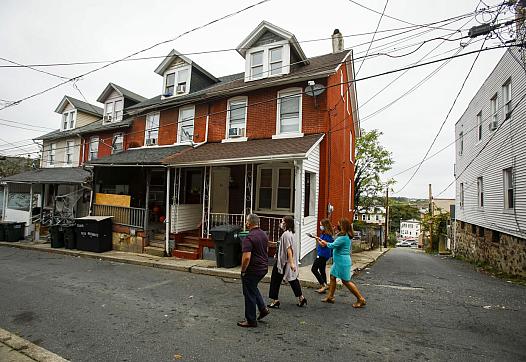
Alicia Creazzo will never forget the day three children showed up on her doorstep at Broughal Middle School with their cat in a backpack.
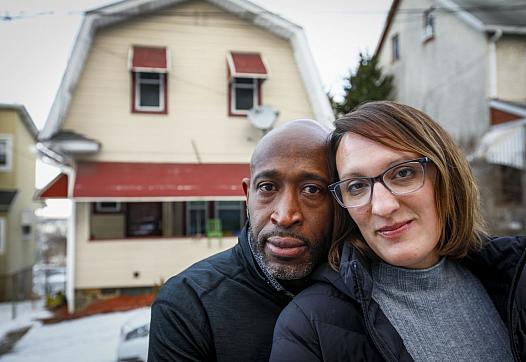
This article was produced as part of a project for the USC Annenberg Center for Health Journalism’s 2021 National Fellowship, which provided training, mentoring, and funding to support this project....